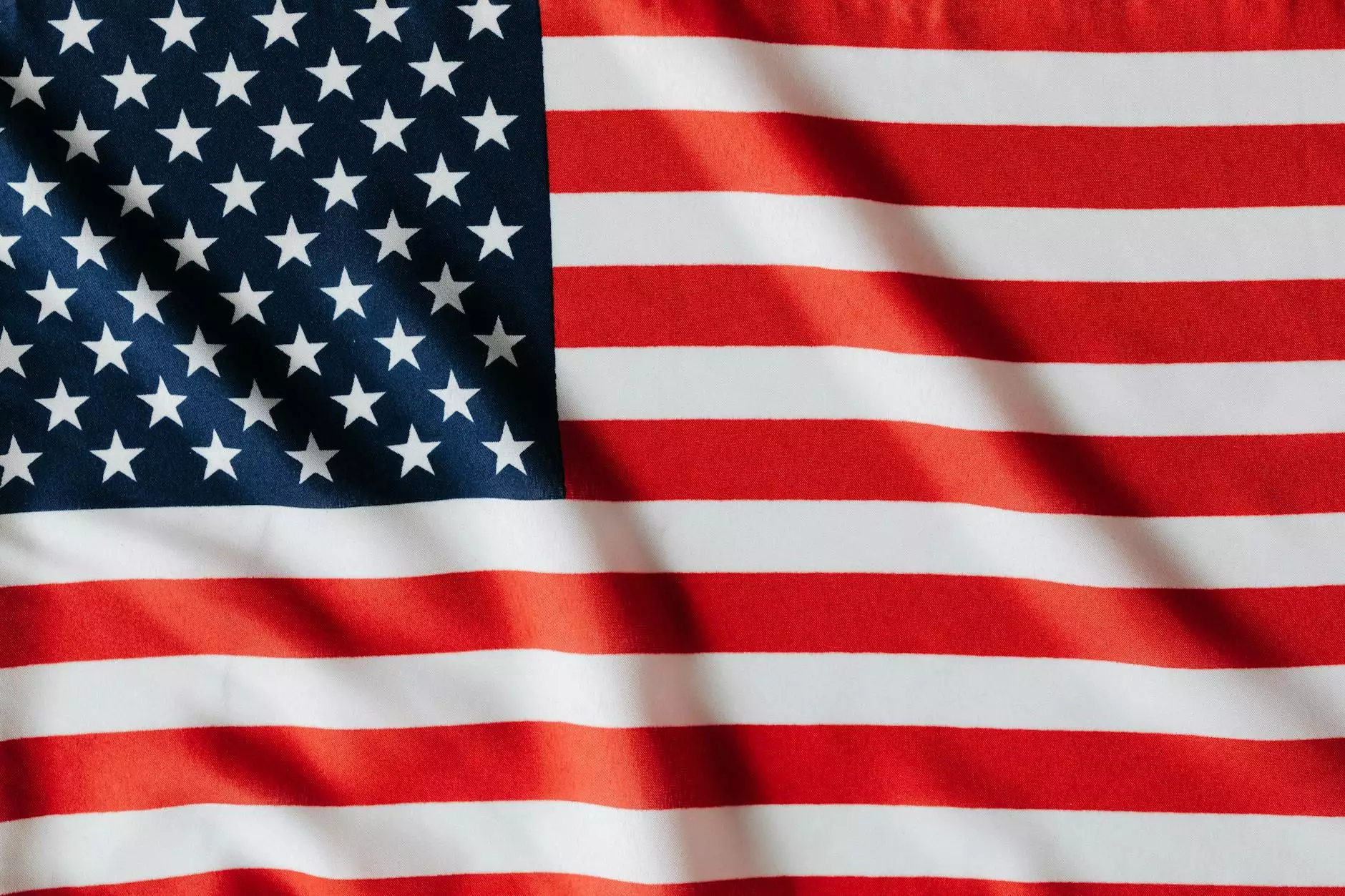INDEPENDENCE DAY: The meaning of July Fourth for the Negro by Frederick Douglass (1852)

The Profound Significance of July Fourth for African Americans
Welcome to Peace Church, where we invite you to explore the powerful and thought-provoking speech by Frederick Douglass titled "The Meaning of July Fourth for the Negro." In this iconic address, Douglass eloquently expressed the complex emotions and experiences endured by African Americans during the celebration of American independence. Join us as we delve into the historical context, resonating messages, and lasting impact of Douglass' words.
The Historical Context
Frederick Douglass delivered this extraordinary speech on July 5, 1852, at an event commemorating the signing of the Declaration of Independence. As a prominent abolitionist, former slave, and influential speaker, Douglass used this platform to shed light on the stark contrast between the ideals of liberty and equality professed by the Founding Fathers and the reality faced by enslaved individuals.
Douglass addressed a primarily white audience, reminding them of the irony inherent in celebrating freedom while denying its benefits to a significant portion of the population. He skillfully exposed the hypocrisy of a nation that proclaimed liberty for all, yet continued to support the institution of slavery.
The Power of Douglass' Address
Douglass' words resonated deeply, stirring emotions and challenging widely held beliefs. His speech masterfully employed logic, reason, and powerful rhetoric to dismantle the prevailing myths of racial superiority and inferiority. Through his eloquence and intellect, Douglass presented a compelling argument for recognizing the humanity and rights of all individuals, regardless of their race.
One of the central themes in Douglass' speech is the importance of education and knowledge in achieving freedom. He believed that by enlightening oneself and seeking intellectual growth, individuals can break free from the chains of ignorance and oppression. Douglass envisioned education as a tool for empowerment, urging African Americans to pursue intellectual pursuits and strive for equal access to educational opportunities.
The Enduring Relevance
Frederick Douglass' speech continues to reverberate through time, provoking contemplation and inspiring action. Its importance extends beyond the historical context in which it was delivered. The struggle for equality and justice faced by African Americans in the mid-19th century still echoes in the fight against racial discrimination and inequality in contemporary society.
By examining "The Meaning of July Fourth for the Negro," we gain valuable insights into the ongoing pursuit of a more equitable and inclusive society. Douglass' words serve as a reminder that the journey towards true freedom and equality requires continuous effort, empathy, and a willingness to challenge and dismantle existing systems of oppression.
Conclusion
As you explore the profound significance of July Fourth for African Americans through Frederick Douglass' iconic speech, "The Meaning of July Fourth for the Negro," remember the crucial role that historical context, powerful messaging, and enduring relevance play in shaping our understanding of this important day. At Peace Church, we strive to foster understanding, compassion, and unity among all individuals as we continue the pursuit of a more just and equitable society.










